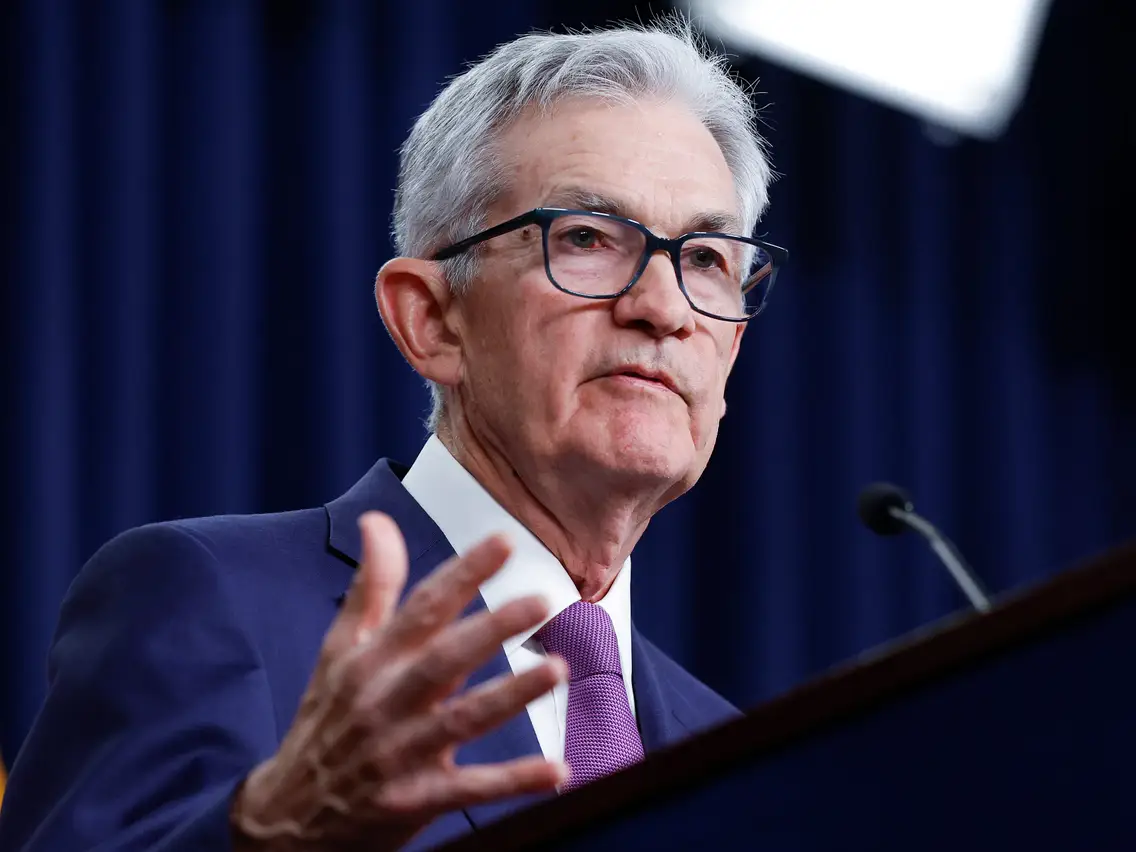Introduction
The Federal Reserve, often referred to as the Fed, plays a pivotal role in the United States economy, primarily through its influence on monetary policy. The decisions made by the Federal Reserve can have far-reaching implications for various sectors, including the stock market. This article aims to provide a comprehensive analysis of the impact of recent Federal Reserve decisions on the stock market, focusing on the key factors that drive these changes and the subsequent effects on investors and the broader economy.
The Role of the Federal Reserve
1.Monetary Policy Tools
The Federal Reserve utilizes several monetary policy tools to achieve its dual mandate of promoting maximum employment and maintaining stable prices. These tools include:
- Open Market Operations (OMOs): The buying and selling of government securities in the open market to influence the level of reserves in the banking system.
- Discount Rate: The interest rate charged to commercial banks and other depository institutions for short-term loans from the Federal Reserve.
- Reserve Requirements: The amount of funds that a depository institution must hold in reserve against specified deposit liabilities.
- Interest on Excess Reserves (IOER): The interest rate paid on excess reserves that banks hold at the Federal Reserve.
2.Recent Federal Reserve Decisions
In recent years, the Federal Reserve has made several significant decisions aimed at navigating the economy through various challenges, including the COVID-19 pandemic, inflationary pressures, and geopolitical uncertainties. These decisions have included adjustments to the federal funds rate, quantitative easing (QE) programs, and forward guidance on future monetary policy actions.
Impact on the Stock Market

1.Interest Rate Adjustments
One of the most closely watched decisions by the Federal Reserve is the adjustment of the federal funds rate. Changes in interest rates can have a direct impact on the stock market in several ways:
- Cost of Borrowing: Lower interest rates reduce the cost of borrowing for businesses, leading to increased capital investment and expansion. This can boost corporate earnings and, consequently, stock prices.
- Consumer Spending: Lower interest rates also reduce the cost of borrowing for consumers, encouraging spending on goods and services. Increased consumer spending can drive higher revenues for companies, positively impacting stock prices.
- Alternative Investments: Lower interest rates make fixed-income investments, such as bonds, less attractive relative to stocks. This can lead to a shift in investor preferences towards equities, driving up stock prices.
Conversely, higher interest rates can have the opposite effect, increasing borrowing costs, reducing consumer spending, and making bonds more attractive relative to stocks, potentially leading to a decline in stock prices.
2.Quantitative Easing Programs
Quantitative easing (QE) refers to the Federal Reserve’s large-scale purchases of government securities and other financial assets to inject liquidity into the economy. QE programs can have several effects on the stock market:
- Increased Liquidity: By purchasing securities, the Federal Reserve injects liquidity into the financial system, making it easier for businesses to access capital. This can lead to increased investment and higher stock prices.
- Lower Yields: QE programs can lead to lower yields on government bonds, making them less attractive to investors. This can result in a shift towards equities, driving up stock prices.
- Investor Confidence: QE programs signal the Federal Reserve’s commitment to supporting the economy, which can boost investor confidence and positively impact stock prices.
3.Forward Guidance
Forward guidance refers to the Federal Reserve’s communication about the likely future path of monetary policy. Clear and transparent forward guidance can help manage market expectations and reduce uncertainty. The impact of forward guidance on the stock market can include:
- Reduced Volatility: Clear communication from the Federal Reserve can reduce market volatility by providing investors with a better understanding of future policy actions.
- Informed Decision-Making: Investors can make more informed decisions based on the anticipated path of monetary policy, leading to more stable stock prices.
Case Studies of Recent Federal Reserve Decisions

1.The COVID-19 Pandemic Response
In response to the economic challenges posed by the COVID-19 pandemic, the Federal Reserve implemented several measures, including cutting the federal funds rate to near zero, launching extensive QE programs, and providing forward guidance on maintaining accommodative monetary policy. These actions had a profound impact on the stock market:
- Market Recovery: The swift and decisive actions by the Federal Reserve helped stabilize financial markets and supported a rapid recovery in stock prices following the initial pandemic-induced sell-off.
- Sector Performance: Certain sectors, such as technology and healthcare, benefited significantly from the Federal Reserve’s actions, leading to substantial gains in stock prices.
2.Addressing Inflationary Pressures
In recent months, the Federal Reserve has faced the challenge of addressing rising inflationary pressures. In response, the Fed has signaled potential interest rate hikes and tapering of QE programs. The impact on the stock market has been mixed:
- Market Uncertainty: The prospect of higher interest rates has led to increased market volatility, as investors weigh the potential impact on corporate earnings and economic growth.
- Sector Rotation: Higher interest rates have prompted a rotation from growth stocks, which are more sensitive to changes in borrowing costs, to value stocks, which are perceived to be more resilient in a rising rate environment.
Conclusion
The decisions made by the Federal Reserve have a profound impact on the stock market, influencing investor behavior, corporate earnings, and overall market sentiment. By understanding the mechanisms through which Federal Reserve decisions affect the stock market, investors can make more informed decisions and better navigate the complexities of the financial markets. As the Federal Reserve continues to respond to evolving economic conditions, its actions will remain a critical factor in shaping the future trajectory of the stock market.




